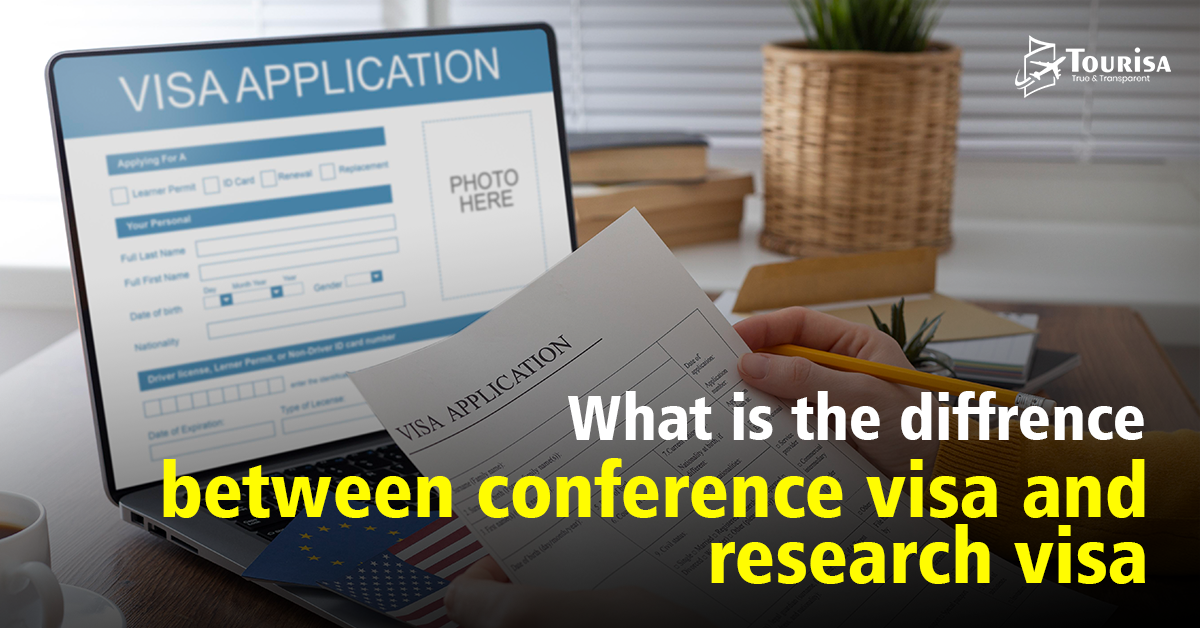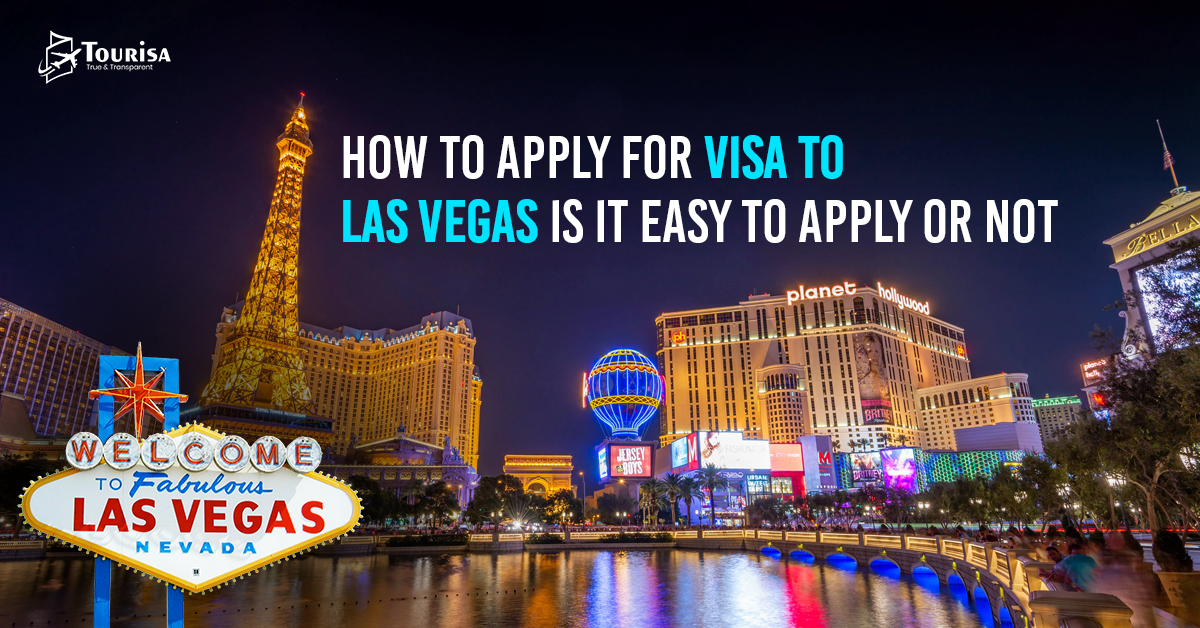What is the Difference Between Conference Visa And Research Visa
To travel to India, most nationalities need a Visa. Some Visas define the activities you’ll be undertaking in India while others provide a stay duration and biometric information.
Here are the types of visas, eligibility conditions, and validity for various visas for entry into India.

Image Source –
https://kerala.me/wp-content/uploads/2016/01/Type-of-visa.jpg
Conference visas
Conference visas are issued to those foreign nationals who plan on attending an international conference. They can be granted for a particular conference or for the entire time that the individual is visiting India. These visas can generally be obtained if one has received an invitation to attend from a group such as any Department of Indian Government, any State Governments, Central Educational Institutions, Publicly Funded Universities, Public Sector Undertakings, United Nations, or an agency of the United Nations, NGOs, etc.
If someone will be attending a conference that is being conducted by a private company, they must then apply for a Business Visa. If the person’s country offers a shorter duration option, they should use that as it will be valid for 3 months rather than 7.
Indian conference visas are valid for 3 months, and single entry. Research visas are valid for 10 years, and can be subject
Conference Visa Fees: For Indians – 3 Months Single Entry- $87.70
Who Can Apply For A Conference Visa?
Now let’s look at who can apply for a conference visa. You may apply for it with valid documents if you have a valid passport and a conference or seminar invitation in another country.
It is necessary to have a conference visa if you are visiting to attend a business conference or an academic conference.
Academicians, professors, students, lecturers, research scholars, master’s and bachelor’s degree students, as well as executives of companies and organizations are eligible to apply for conference visas.
Process To Get The Visa Application-
- You should search for the right conference/seminar/workshop and apply for it.
- The registration process should be completed to the organization’s requirements
- From the organizer, request an invitation letter for a visa.
- Visit the embassy or apply online in the respected country.
- If there are fees, pay them.
- You need to get an acknowledgment letter and a letter of approval for your visa.
- Carry the printout of the same during your travel.
Documents Required For A Conference Visa:-
- A valid passport with a validity of at least six months is required.
- Passport-size color photographs were taken recently.
- Obtain a copy of your passport.
- Application Form Filled Online
- From the organizer an invitation letter for a visa.
- Residential Address Proof
- Documents stating the details regarding Hotel Bookings, Travel
In case of cancellation of your conference visa
Firstly, Before applying for a Conference Visa make sure to present all documents which are original and appropriate. Do not submit any fake invitation letter or produce any misleading information to authorities- they may ban you from applying for future conference visas in that country.
For faulty visa requests, contact the conference organizer to reschedule your participation in some other place and date- manage the registration cancellation through the company, or request a virtual or online presentation.
Research Visa
Those who require specialized Visas to visit India to research a particular topic, thing, or substance matter can apply for the Research Visa, which allows them entry. These professionals include Professors, students, doctors, archaeologists, and environmentalists.
Who Qualifies For A Research Visa?
If you want to travel to India for a research visa, and were not invited by a central educational institution, you cannot go. If you are going for a seminar or working on your coursework, that is also not allowed.
To qualify for a research visa to India, an applicant must first apply by submitting:
Documents regarding the subject matter of their research
Financial Status Proof
Itinerary, places they plan to visit
History of previous research-based travel
If the research is relating to topics that are specific to Indian citizens, then an additional 150-word synopsis of the proposal may be required.
The synopsis and application must be submitted to the Indian Mission or Post along with all other relevant documentation.
If you are applying to an Indian university and plan to study there as a student, you must submit the original admission letter with your application. If you do not have the documents available, but can submit copies or email attachments that include the document, then they will be considered.
All NGOs must provide documentation to participate. The Indian Mission or Post will investigate your documentation and refer the case to the MHA, MEA, or any other concerned Ministry of the Indian Government.
All Indian Missions and Posts have the right to issue research visas, but there are cases where they cannot.
Whether you need a conference visa or research visa depends on your project
Research visas can be granted, but only when clearances are given by the Ministry of External Affairs and the Ministry of Home Affairs.
If you have a dependent accompanying you on a Dependents of Research Visas, they need to hold either an Entry Visa or an X visa.
The ‘X’ Visa will expire on the same day as the primary ‘R’ Visa unless specifically instructed otherwise.
If necessary, the validity of the ‘X’ Visa can be given for a shorter period than the original Research visa. This will be decided by an Indian Mission or Post.
Dependents and family members of Research visa holders can get their Research or Student Visa, provided that they meet the requirements for the issue of such a Visa.
Family members or dependents of a Research Visa may be able to convert their ‘X’ Visa into a new Research Visa if they meet the criteria.
Dependents of people who have received a Visa to come to India will need a Visa themselves; they will have their process if they apply.
Duration Of Visa Approval –
Researchers can stay in the country for 4 weeks after receiving the research visa. The total validity duration of every Research visa depends on how long you plan to conduct your research project.
Lastly, whether you are planning to get a ba conference or research visa if you take the gateway of a reliable visa consultancy like Tourisa the process of documentation and approval gets effortless.







Leave a comment